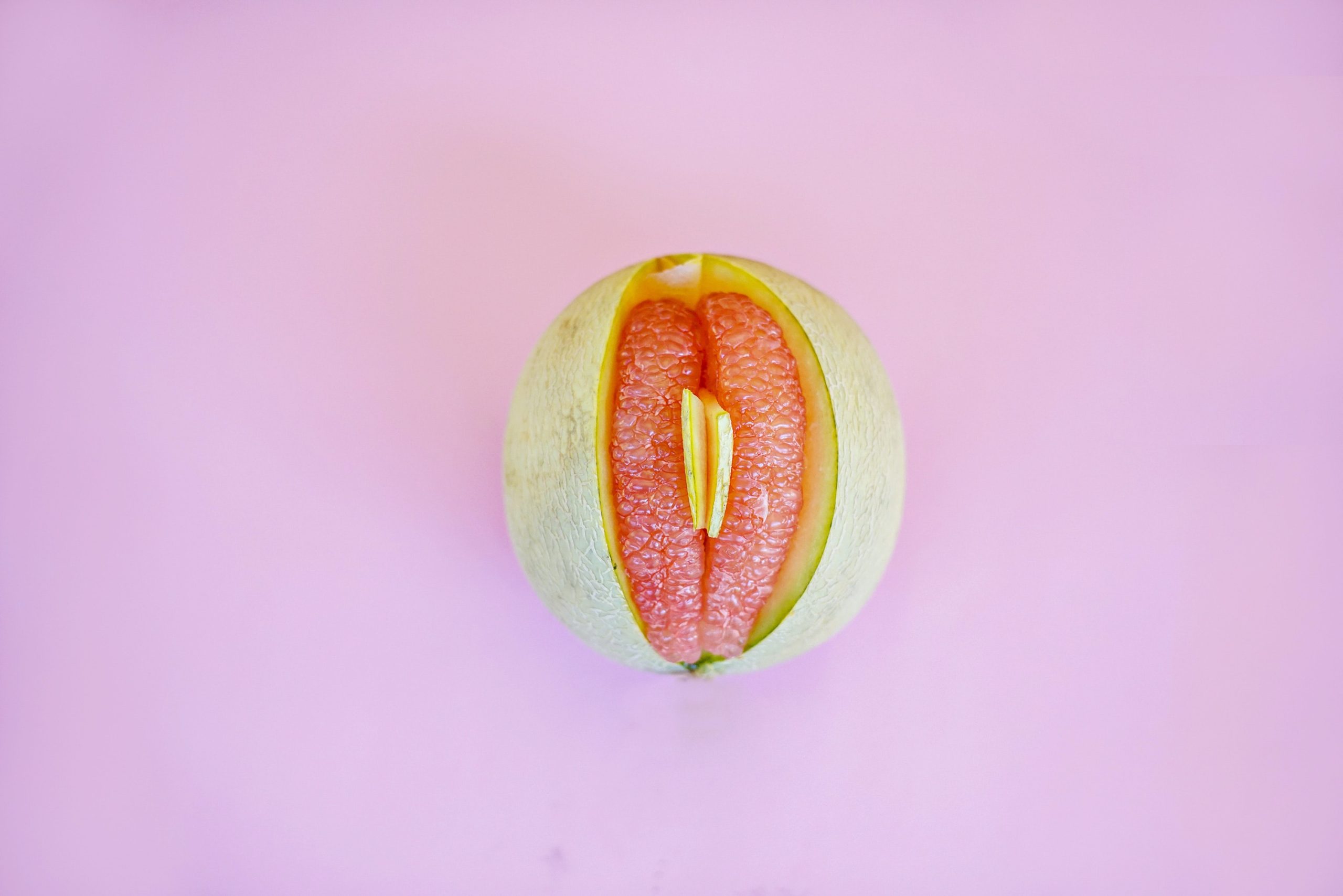Health
The silence around vulval cancer means people are missing the signs that they have it

According to Cancer Research UK, 69% of vulval cancers are considered preventable. (Pexels Photo)
Most people have heard of cervical, ovarian, and perhaps womb cancer, but there is one gynaecological cancer that is seldom mentioned: vulval cancer.
That silence is deadly. According to Cancer Research UK, 69% of vulval cancers are considered preventable. In late-stage cancer, the treatment may be devastating and in extreme cases can involve removing the entire vulva, so increasing awareness is vital.
However, taboos around genitalia mean many women and people with vulvas are unaware that they even have a vulva. Your vulva is the external part of the female genitals encompassing the labia minora and majora, clitoris and entrance to the vagina.
Vulval cancer is considered rare, accounting for less than 1% of all new cancers in women in the UK. That does not mean it’s unimportant. Four people are diagnosed every day in the UK. Mortality rates are projected to rise by 20% in the coming decades.
Most vulval cancers are associated with either a human papillomavirus (HPV) infection or a condition called lichen sclerosus (LS).
Experts thought vulval cancer was more common in older people, but incidence is increasing among younger women, probably in part because of the rising incidence of HPV infection. Although a lot of people are aware that HPV can lead to cervical cancer, it is less well known that HPV can also cause other cancers, including cancers of the vulva, anus, penis and vagina. The HPV vaccine protects from all HPV-related cancer, including vulval.
The other main condition linked to vulval cancer is LS, a chronic skin condition which typically causes intense itching and white or ashy patches. LS is associated with a type of pre-cancer called differentiated vulval intraepithelial neoplasia (dVIN). This type of VIN is more likely to develop into cancer than the type that develops as a result of HPV infection.
Delayed diagnosis
In one Danish study comparing the diagnosis time of all gynaecological cancers, vulval cancer was found to have the longest delay. Scientists have suggested this is because its symptoms are often vague in the early stages.
However, we also know that lack of awareness of vulval conditions and a normalisation of vulval symptoms, together with shame and embarrassment, causes women to delay help-seeking. And women seeking help for vulval symptoms are too often not examined and misdiagnosed with thrush or symptoms of menopause. If you are concerned you have symptoms of vulval cancer or LS, you may need to insist on being examined.
We don’t currently have a screening programme for vulval cancer because it is so rare, but when you go for cervical screening you could ask the nurse to also check your vulva for any visual signs of cancer.
Symptoms and signs of vulval cancer include:
- persistent itch in the vulva
- pain or soreness in the vulva
- raised patches of skin that can be red, white, or dark
- a lump or wart-like growth on the vulva
- bleeding from the vulva or blood-stained vaginal discharge between periods
- an open sore in the vulva
- a burning pain when peeing
- a mole on the vulva that changes shape or colour.
If you have any of these you should seek help. But don’t panic. These symptoms might be caused by other, benign, conditions.
It’s important for you to become acquainted with your vulva and to understand what is normal for you. To this end, the University of Manchester has produced a resource to teach women how to do a vulval self-examination.
Resources such as the Great Wall of Vulva can help women understand that vulvas come in all shapes and sizes.
Treatment for vulval cancer
If caught early, vulval cancer can be treated with a local excision – removing the cancerous cells and a margin of normal cells around it. However, treatment for later stage vulval cancer can be brutal. Depending on where the tumour is and how large it is, surgery could mean removal of part or all of the labia minora or labia majora (the two sets of lips that make up the most the vulval anatomy) and even the clitoris.
It doesn’t take a lot of imagination to understand the impact of this kind of treatment on quality of life. Recovering from vulval surgery is often a long process during which sitting is impossible: women can only stand or lie down. Lymph node removal can lead to lymphedema, painful swelling of the leg as lymph fluid builds up in the body’s tissues. Women may need to wear compression tights every day for the rest of their lives. And needless to say, sexual activity may be less appealing and less enjoyable after vulval surgery.
As with many health conditions, vulval cancer does not affect everyone equally. Globally, the age at which women are diagnosed with vulval cancer is around 10-15 years younger in lower income countries such as South Africa, compared to high income countries. This may be because HPV is more prevalent in South Africa. In England, vulval cancer incidence rates are 74% higher in the most deprived groups.
Persistent vulval symptoms should not be considered an “expected” part of having a vulva. Increased awareness could save some women from being diagnosed with later stage vulval cancer and improve survival rates.
We should be taking vulval itching and pain seriously, talking about vulval cancer and emphasising the importance of the HPV vaccine.![]()
Sophie Rees, Research Fellow, University of Bristol
This article is republished from The Conversation under a Creative Commons license. Read the original article.





















